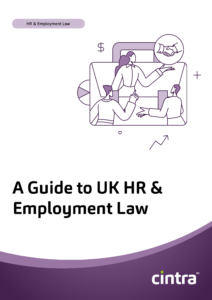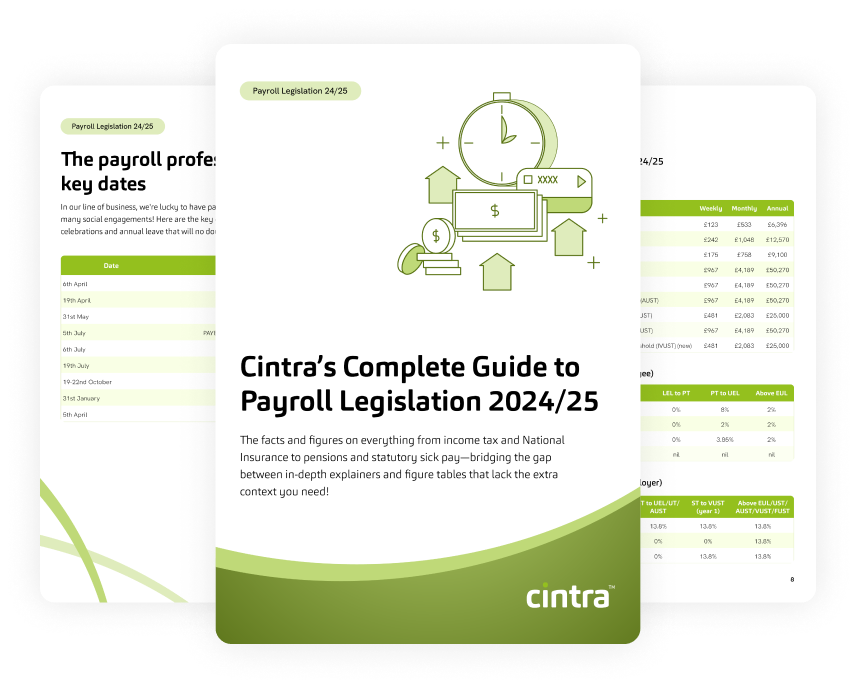Having a child comes with lots of challenges; sleepless nights, crying (from both you and the baby!), and of course the dreaded never-ending list of things to get before baby arrives. But one challenge which you don’t want to have to contend with is taking the required time off work to care for your child when they join the family.
That’s why parental leave is an entitlement here in the UK. We’ve got the lowdown on how the UK shared parental leave (SPL) works as per statutory leave regulations, and how employers need to do to accommodate you.
What is UK shared parental leave?
Shared parental leave allows an employee and their partner to share up to 50 weeks of leave and up to 37 weeks of pay between them.
Who is entitled to UK shared parental leave?
Gov.uk outlines that you and your partner may be able to get SPL and Statutory Shared Parental Pay (ShPP) if you’re:
- having a baby
- using a surrogate to have a baby
- adopting a child
- fostering a child who you’re planning to adopt
If you want to be eligible for SPL or ShPP you or your partner has to:
- take less than the 52 weeks of maternity or adoption leave and use the rest as SPL
- take less than the 39 weeks of maternity or adoption pay (or Maternity Allowance) and use the rest as ShPP
For example, if you’re the mother and you’ve taken 20 weeks of Maternity Leave and Statutory Maternity Pay, you can share 32 weeks of SPL and 17 weeks of ShPP with your partner.
For both birth and adoptive parents, you must meet the employment and earnings criteria provided by the government which is:
You must be employed continuously by your employer for at least 26 weeks, by either:
- the end of the week you or your partner are matched with a child if you’re adopting
- the end of the 15th week before the due date of the baby (including if you’re using a surrogate)
To be eligible for SPL, you must be ‘employees’ (not ‘workers’). If either of you is a ‘worker’, you might be able to share ShPP but not SPL.
To be eligible for ShPP, you must each earn on average at least £123 a week. If you usually earn an average of £123 or more a week each, and you only earned less in some weeks because you were on furlough under the Coronavirus Job Retention Scheme (CJRS), you may still be eligible.
What is the Shared Parental Pay Rate?
ShPP is paid at the rate of £172.48 a week or 90% of your average weekly earnings, whichever is lower.
How do you request UK shared parental leave?
To apply for SPL and ShPP you must give your employer at least 8 weeks’ written notice of your leave dates.
You can make changes later about how much SPL or ShPP you plan to take and when you want to take it, but you must give notice of any changes at least 8 weeks before the start of any leave.
Your employer can then ask you for more information within 14 days of your application for leave. They are able to ask for:
- a copy of the birth certificate
- a declaration of the place and date of birth (if the birth has not been registered yet)
- the name and address of your partner’s employer or a declaration that your partner has no employer
If you’re adopting or fostering a child you’re planning to adopt, your employer can ask for the:
- name and address of the adoption agency or local authority
- date you were matched with the child
- date the child will start to live with you
- name and address of your partner’s employer or a declaration that your partner has no employer
You must provide them with this information within 14 days of being asked for it.
What other parental leave options are available?
If you don’t think that shared parental leave is the right option for you and your family you can take either maternity leave (if you’re an expectant birth mother or mother of a surrogate baby), paternity leave (if you’re an expectant birth father or father of a surrogate baby), adoption leave (for fostering or adopting a child), or unpaid parental leave.
If you have any questions about using shared parental leave it is always a great idea to speak to your companies HR team, they will be able to assist you with how to request this, and explain exactly what you’re entitled to!

HR & Employment Law Guide
Grab your accessible summary of guidance and insights about where HR practices meet employment law.
Download your buyers guide


